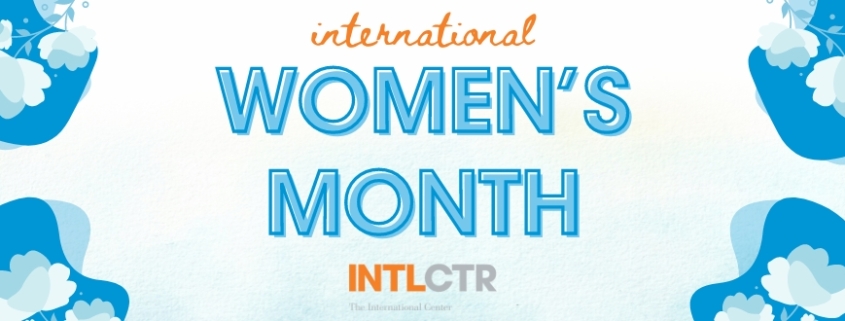Strides Towards Equality: Exploring International Women’s Day and Women’s History Month in Indiana’s Legacy
Understanding International Women’s Day
International Women’s Day, celebrated annually on March 8th, stands as one of the most significant occasions of the year. It serves as a platform to acknowledge women’s accomplishments, advocate for gender equality, demand positive change, raise funds for women-focused organizations, and much more. This day symbolizes activism and presents an opportunity for impactful change. The observance of International Women’s Day dates back to the early 1900s, a period marked by radical shifts in ideologies surrounding women’s rights. In 1909, the first National Women’s Day was commemorated across the United States on February 28th. Subsequently, women continued to observe this day on the last Sunday of February until 1913. Following discussions spurred by the Russian declaration of International Women’s Day, the date was moved to March 8th, a global tradition that persists to this day. By 1975, International Women’s Day gained recognition from the United Nations.
Celebrating Women’s History Month
March also heralds the celebration of Women’s History Month, which originated as “Women’s History Week” in 1978 in Santa Rosa, California. In 1980, propelled by the efforts of a coalition of women and historians led by the National Women’s History Project, the movement gained national recognition. Their endeavors bore fruit when, in March 1987, Congress passed a public law designating March as Women’s History Month. Subsequent resolutions between 1988 and 1994 authorized the President to proclaim March as such. Since 1995, each president has issued annual proclamations commemorating the month as a time to celebrate women’s history.
Indiana’s Contributions to Women’s History
Indiana boasts a roster of notable women who have left indelible marks on the state’s history. Among them are Madam C.J. Walker, Mari Evans, Eva Mozes Kor, and Mary Clark. These trailblazers played pivotal roles in advancing their work and women’s history within Indiana. Mari Evans, a central figure in the Black Arts Movement and Indiana Avenue jazz scene, is best known for her poetry collection.
Eva Mozes Kor, a Holocaust survivor, endured harrowing experiences, including human experimentation at Auschwitz alongside her twin sister. Despite the trauma, she emerged as an author, activist, and founder of Children of Auschwitz Nazi Deadly Lab Experiments Survivors (CANDLES). She resided in Terre Haute for an extended period, leaving an enduring legacy.
These women have contributed to both Indiana’s history and the global narrative in their distinctive ways, enriching our collective heritage. International Women’s Day and Women’s History Month serve as vital platforms to recognize and celebrate their invaluable contributions.
Women Within The Center:
The Center boasts a staff and intern cohort predominantly composed of women. CaSondra Shim, Deputy Director of Relocations Services, expresses her gratitude for The Center’s support, stating,
“I’m grateful to The International Center as they provide flexibility that allows me to be able to get my daughter on and off the bus several days a week. This empowers me as a mom to be there for my daughter.”
The Center serves as a hub for many women in its staff and board. Samantha Gutierrez, Development and Engagement Manager, reflects on the significance of International Women’s History Month, remarking,
“International Women’s History Month is a time to reflect on the power and progress of women. It is a time to commemorate and celebrate the role of women in history.”
Both International Women’s History Month and International Women’s Day provide opportunities to reflect on the adversities overcome by women and celebrate their myriad achievements. Women have been pivotal figures throughout history, and their contributions warrant acknowledgment and celebration.
Sources:
International Women’s Day History
Women in Indiana and National History
By Carley Jobe, Marketing & Communications Intern

